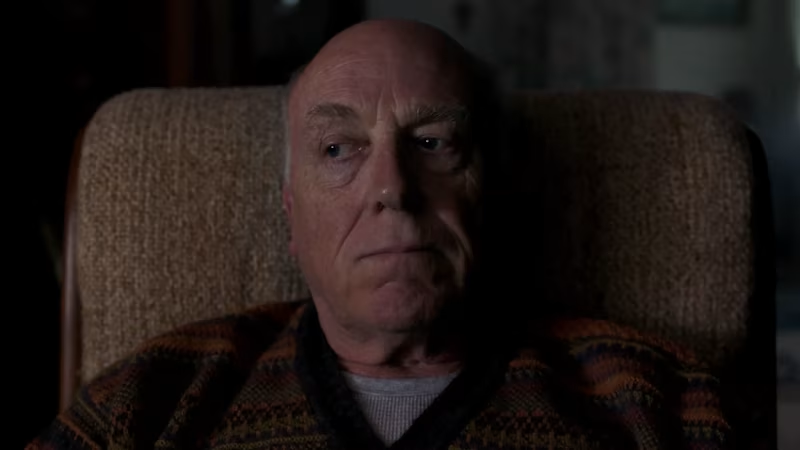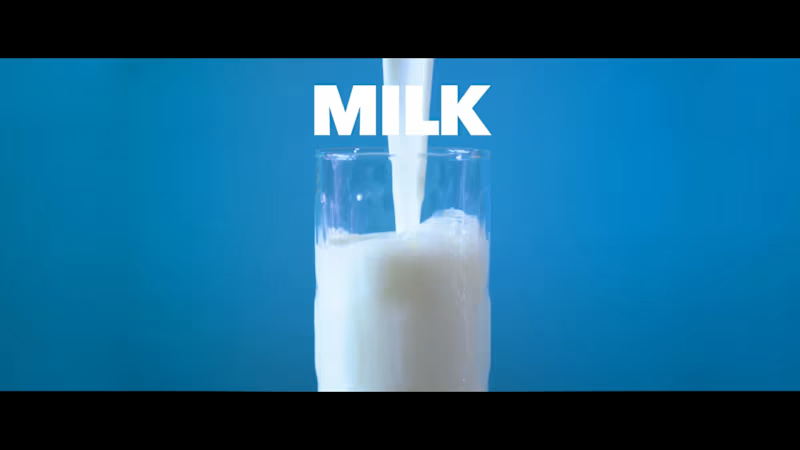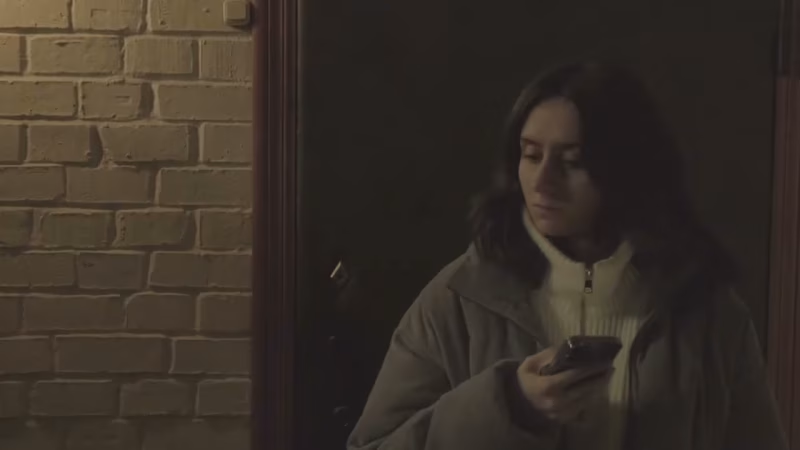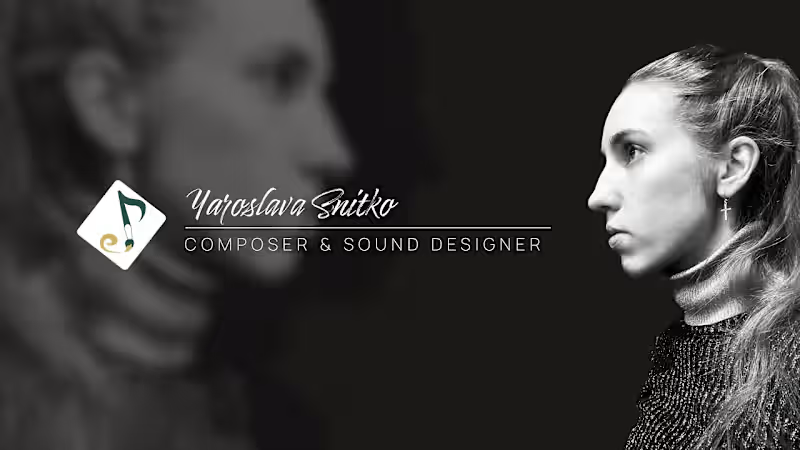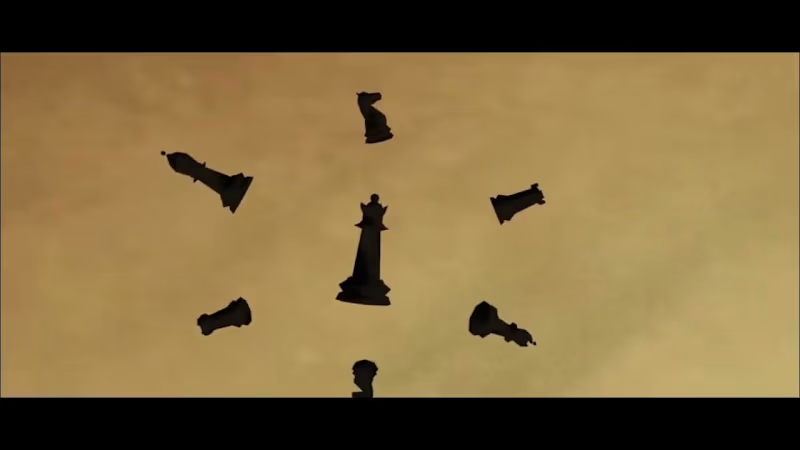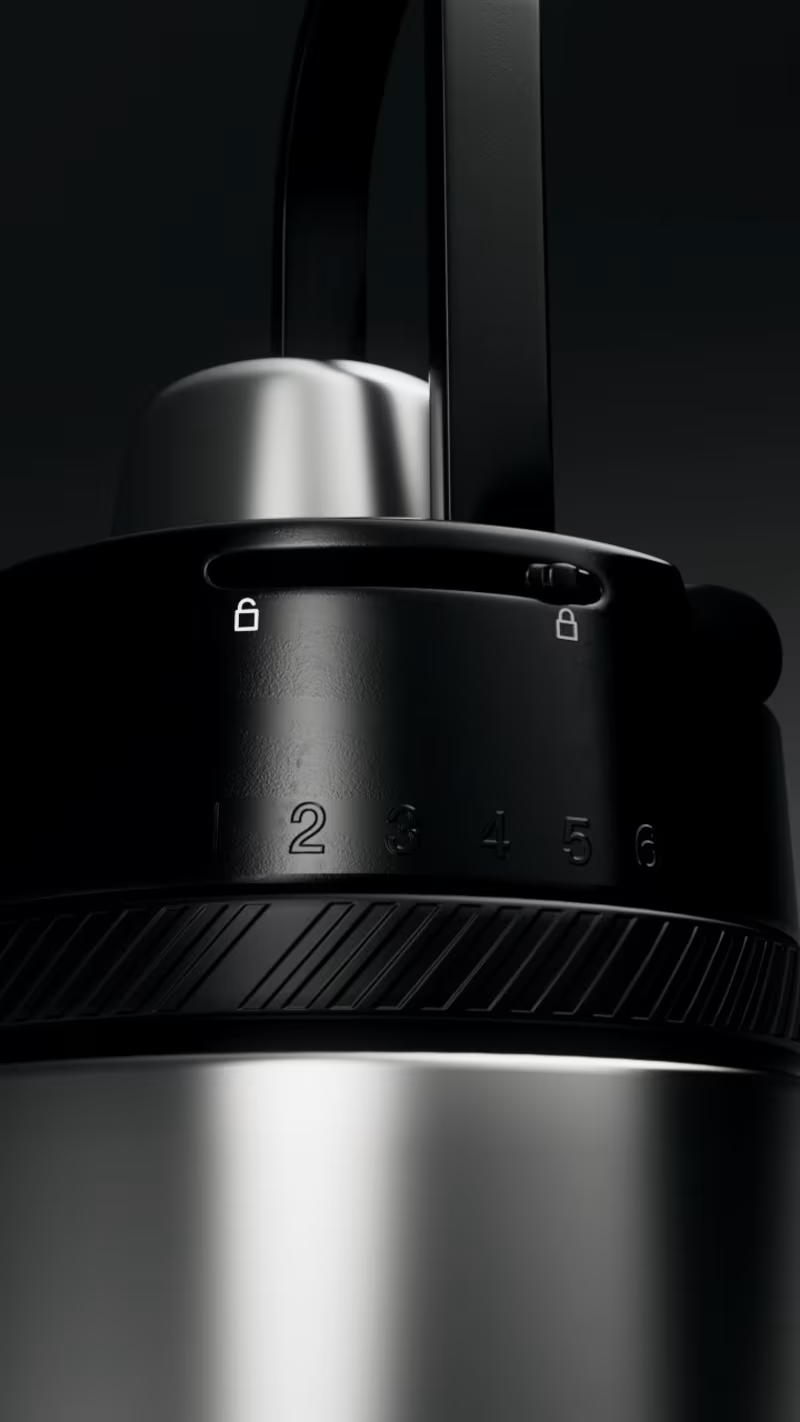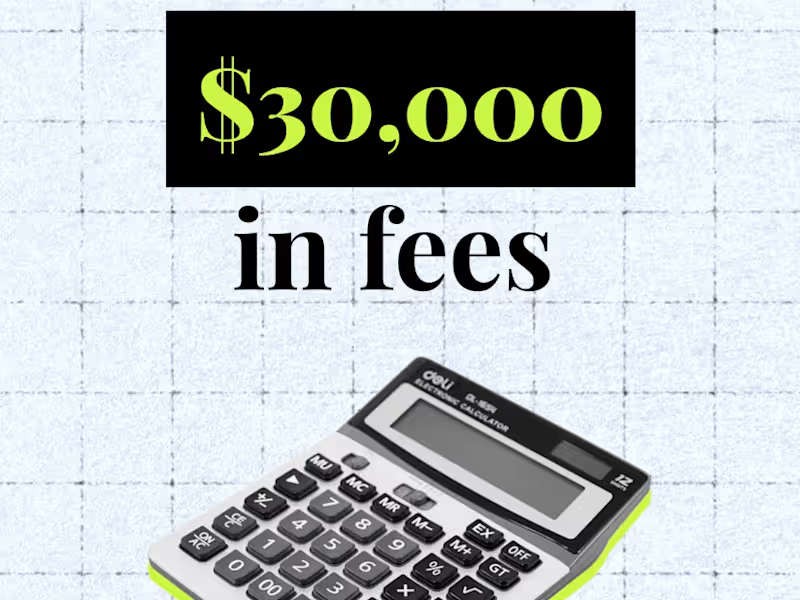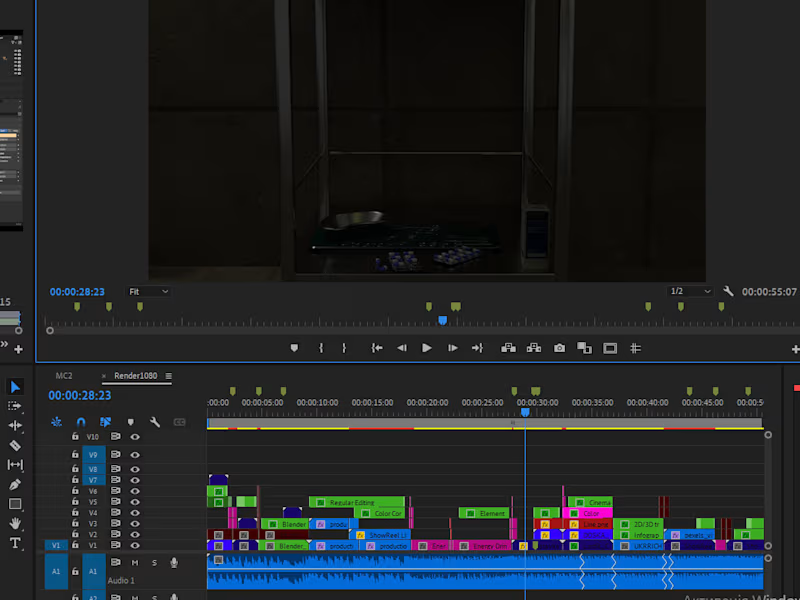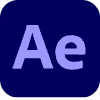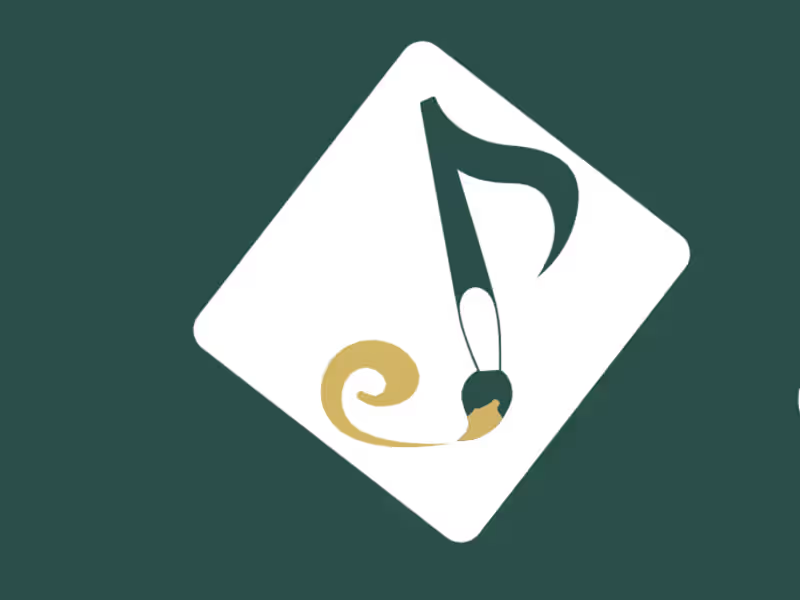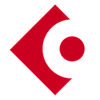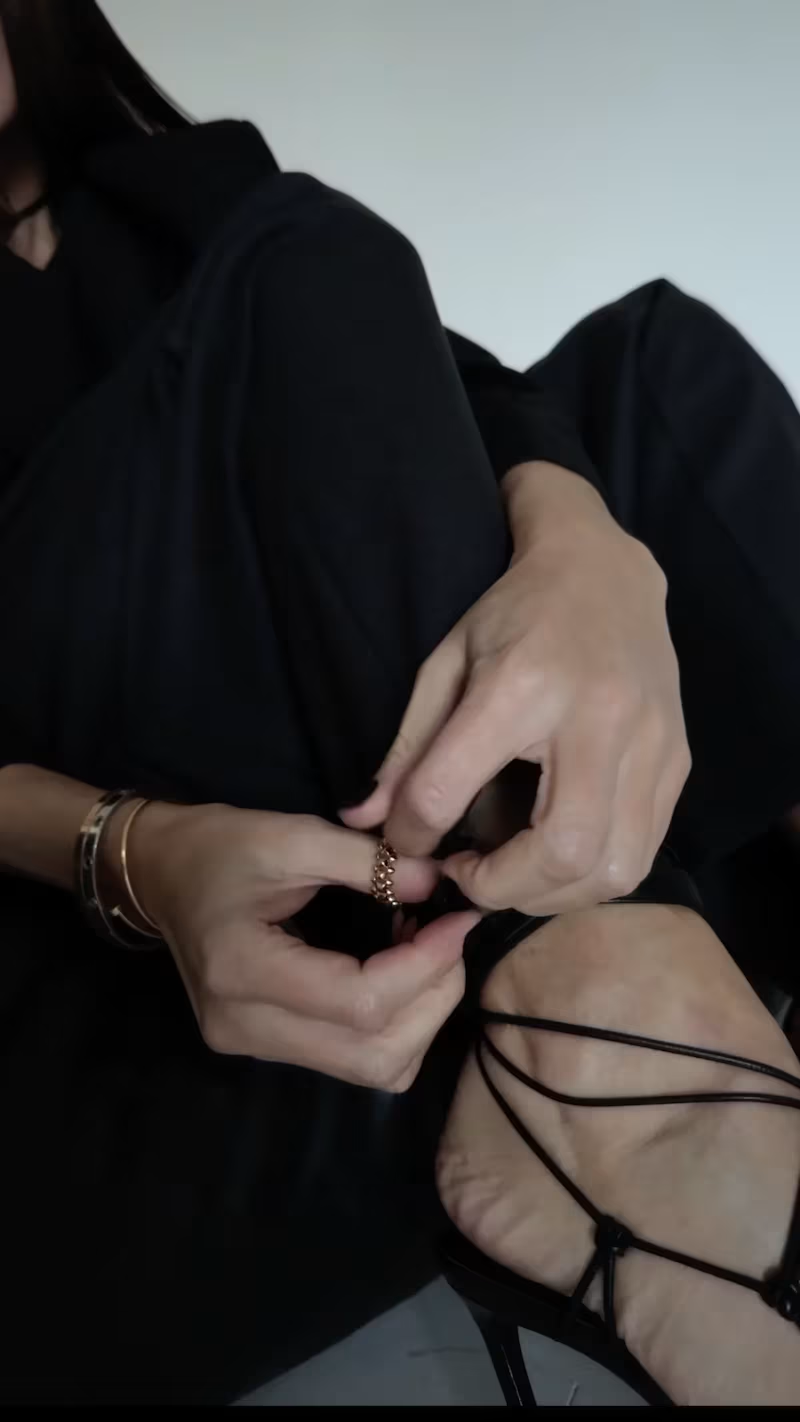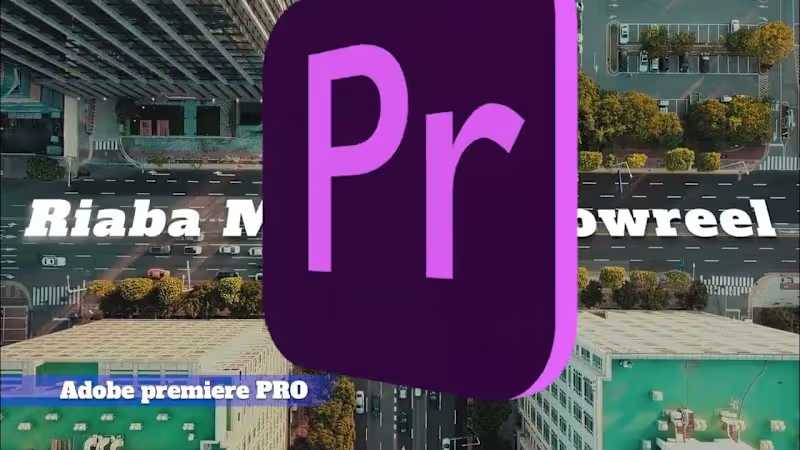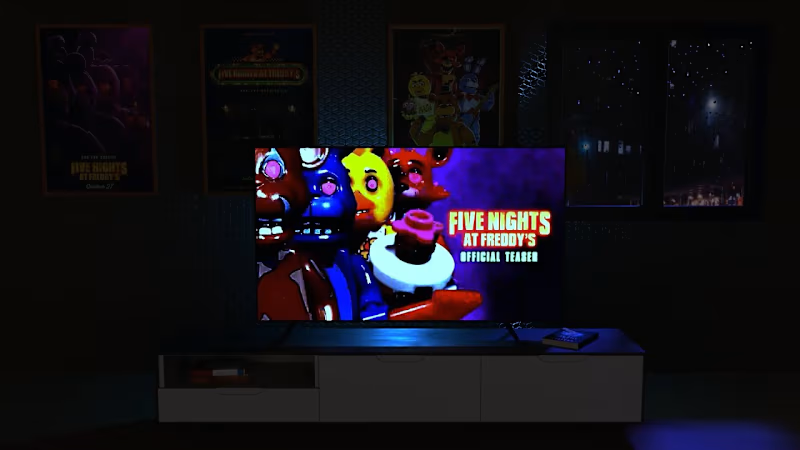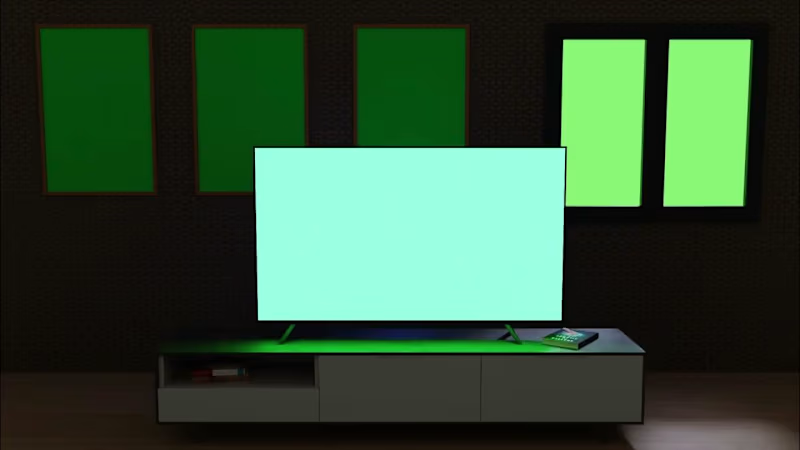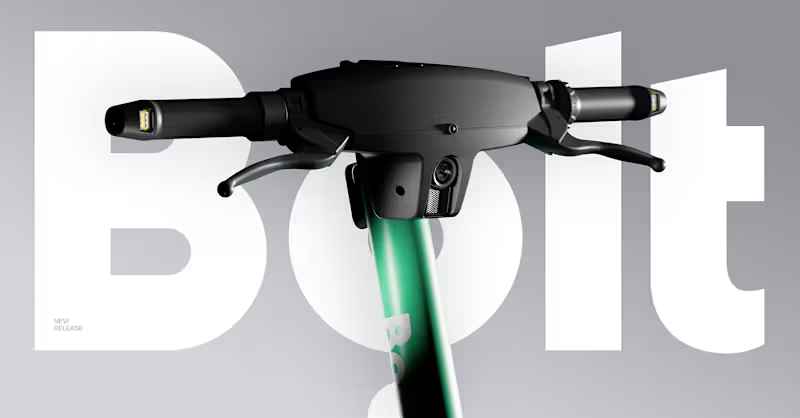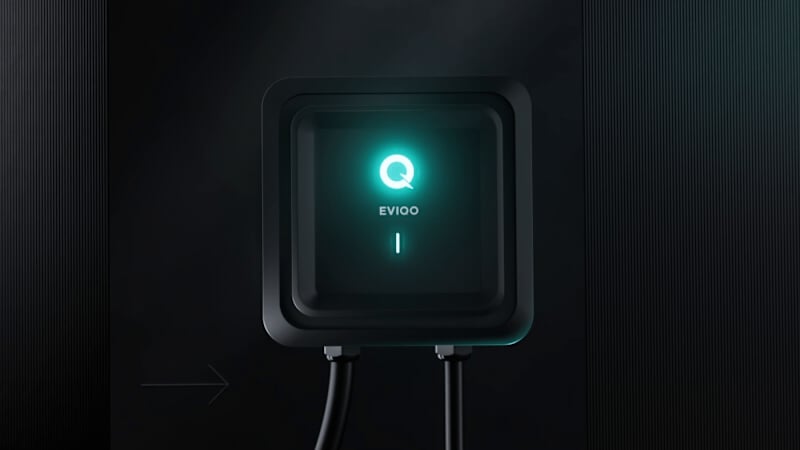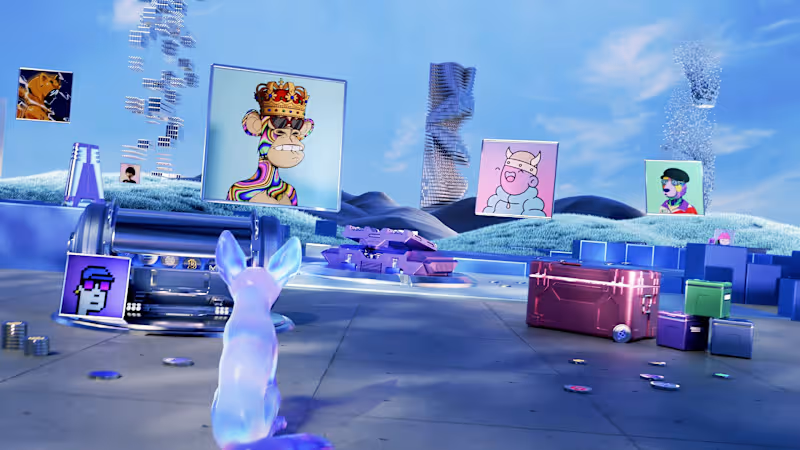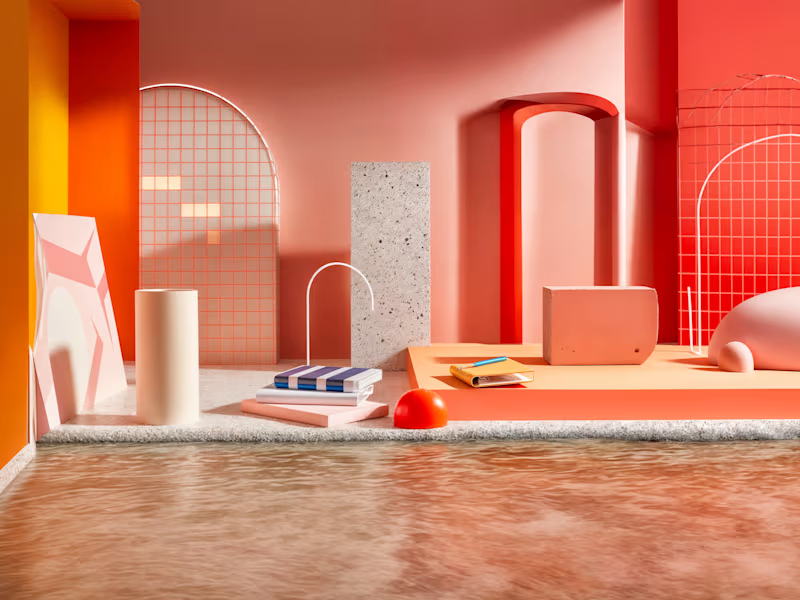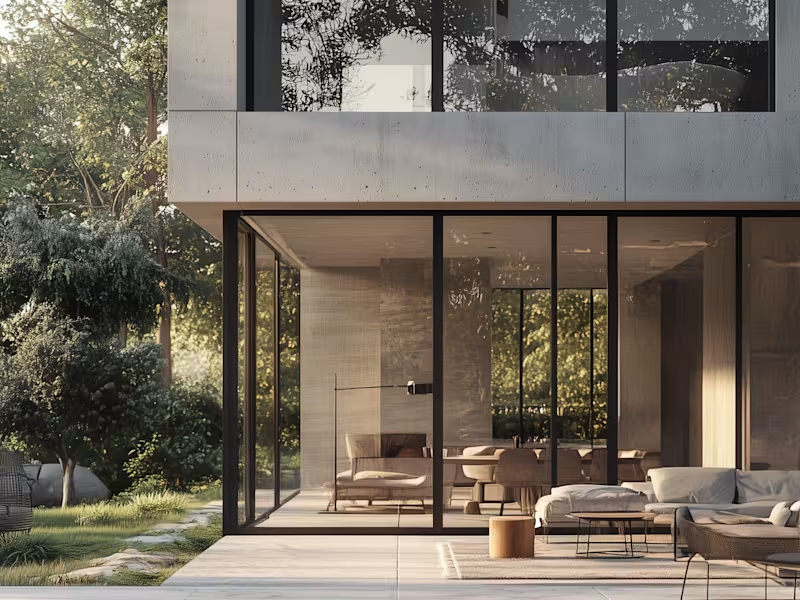What kind of projects has this sound designer done before?
Look at the sound designer's past work. See if they have worked on projects like yours. This helps you know if they have the right skills for your project.
How does the sound designer prefer to communicate during the project?
Ask how the sound designer likes to talk about the project. Maybe they use email, video calls, or project management tools. This helps keep everything on track and clear.
What tools and software does the sound designer use?
Check what tools or software they like to use. Make sure they can provide the sound quality you need. This is important to ensure the best final product.
How does the sound designer handle revisions or changes?
Find out how they approach changes to their work. It's useful to know how many revisions they offer. This helps you plan for any adjustments to the project.
What is the expected timeline for completing the project?
Discuss how long the project might take. It’s important to have a timeline that works for both of you. This ensures everyone knows when the project will be done.
How does the sound designer define the project deliverables?
Talk about what they will deliver at the end of the project. Make sure you both agree on the final outputs. This avoids confusion and helps meet your expectations.
Does the sound designer have any specific styles or genres they specialize in?
Some sound designers have styles or genres they are best at. Check if their style matches your project's needs. This ensures that they can create the perfect sound for you.
Can the sound designer work within the project budget?
Discuss the budget with the designer. Make sure they can deliver quality work within the budget you have. This ensures cost and value align well for the project.
What does the onboarding process with the sound designer look like?
Ask about their starting steps once hired. They might begin with meetings or creating a concept. This helps you understand how the project will kick off smoothly.
Is the sound designer open to collaboration with other teams?
Check if they are willing to work with your team or other freelancers. Collaboration can bring new ideas to the project. This is important for projects needing teamwork.
Who is Contra for?
Contra is designed for both freelancers (referred to as "independents") and clients. Freelancers can showcase their work, connect with clients, and manage projects commission-free. Clients can discover and hire top freelance talent for their projects.
What is the vision of Contra?
Contra aims to revolutionize the world of work by providing an all-in-one platform that empowers freelancers and clients to connect and collaborate seamlessly, eliminating traditional barriers and commission fees.







































![Cover image for Whispers of the pines - [FAKE Teaser Trailer] (Riaba Mykyta Por…](https://media.contra.com/image/upload/w_800,q_auto/jl0gaoyf5agptcrfiwnp.avif)
